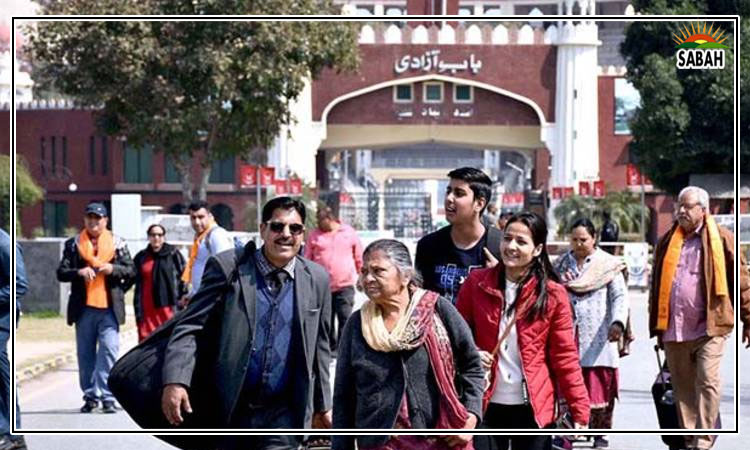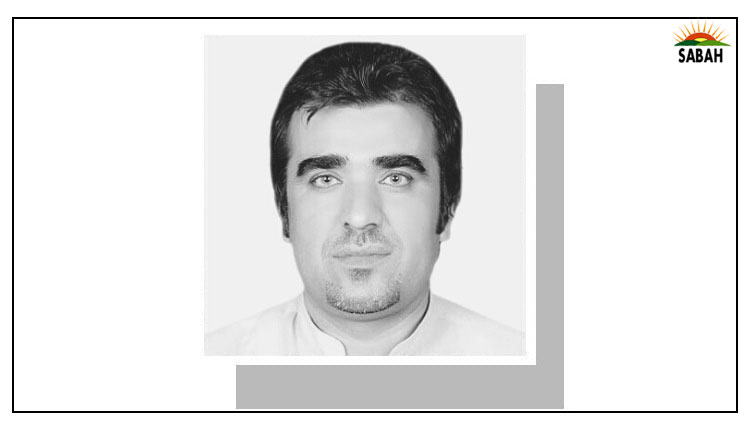Near collapse…..Nazir A. Jogezai
IT is said that contrary to its intended purpose of driving social growth and producing well-informed human capital, higher education in the country has fallen prey to a level of mediocrity that has stymied societal advancement and economic development.
Take the example of Balochistan. Along with all its other issues, including a poor security situation, political instability, economic challenges and natural disasters, the province faces a severe crisis in higher education. Of late, this has been most apparent in the state of its faculty at higher education institutions, who, deprived of their salaries with some forced to sell their personal belongings have taken to the streets to protest.
This state of affairs is a sorry comment on the history of higher education institutes in the province, which have been poorly planned and managed. It is a mere illusion that physically expanding existing campuses and hiring more staff will keep pace with greater enrolment numbers. It is unfair to burden the public sector with the task of generating job-creation opportunities in a province where there has been little industrial development.
Universities in the province spend more on building and maintenance, thus shifting the emphasis from teaching and learning to administration and control. The majority exist as corporate entities, employing administrative and support personnel. One professor said that university officials spend more on fuel while there was no budget for chemicals for the laboratories. Another believed that the clerk had more authority than him; even his request for paper to write on was sometimes denied.
Balochistan faces a severe crisis in higher education.
The majority of sub-campuses promote social sciences programmes, including degrees in education and management, because they have comparatively lower administrative costs there is little understanding of the importance of scientific subjects for future generations. Interestingly, some of the sub-campuses comprise just a few borrowed rooms with no labs or other prerequisites.
All this is in contrast to globally established norms in higher education institutes. Universities abroad invest billions in making themselves a hub of cutting-edge research and diversity by attracting talent from around the world and providing a learning platform offering students different skills. Here, we believe in rigid ideas, and old skills, and provide students with a static education experience from primary to the doctorate level in the same sociopolitical and sociocultural context, with minds closed to learning from multiple sources.
Political elites have brought sub-campuses to the doorsteps of their voters in remote areas, despite criticism that this can diminish students exposure to diversity and limit their critical thinking skills. Faculty members with poor skills and inadequate qualifications have been employed for the purpose, thanks to the paucity of genuine professionals.
Our financial crisis continues to worsen, with adverse implications for teaching and learning at higher education institutes. Solutions so far have proved to be superficial and ineffective. Perhaps a more concrete remedy lies in restructuring Balochistans higher education institutes. The establishment of a provincial higher education commission is the starting point in the aim to incorporate strong human capital that can lay the ground for workable ideas, which meet the demands of academic needs, the sociocultural and sociopolitical environment of the province, and global trends. The currently centralised higher education mechanism, in the aftermath of the 18th Amendment, is ineffective and a great mismatch with ground realities and global academic trends.
It is essential that the tendency to set up satellite or sub-campuses be curbed and that universities receive additional funding instead. Higher education cannot be regarded as a fundamental right like school education by simply expanding access through sub-campuses; rather, there must be sophisticated admission standards so that meritorious students have the opportunity to avail themselves of academic programmes taught by highly qualified professors in well-equipped universities.
Additionally, ad hoc appointments on the back of loose selection criteria must be discouraged. Nepotism is a national trait and relatives and non-professionals are often accommodated, resulting in education of an inferior quality. Rather than behaving as corporate entities, higher education institutions must act as the hubs of learning and research that they were meant to be, and give academicians more leadership roles and a larger say when it comes to decision-making. Learning, research and development must be the core business, and available material and human capital must be utilised towards this end.
The writer is an educationist.
Courtesy Dawn, June 2nd, 2023











